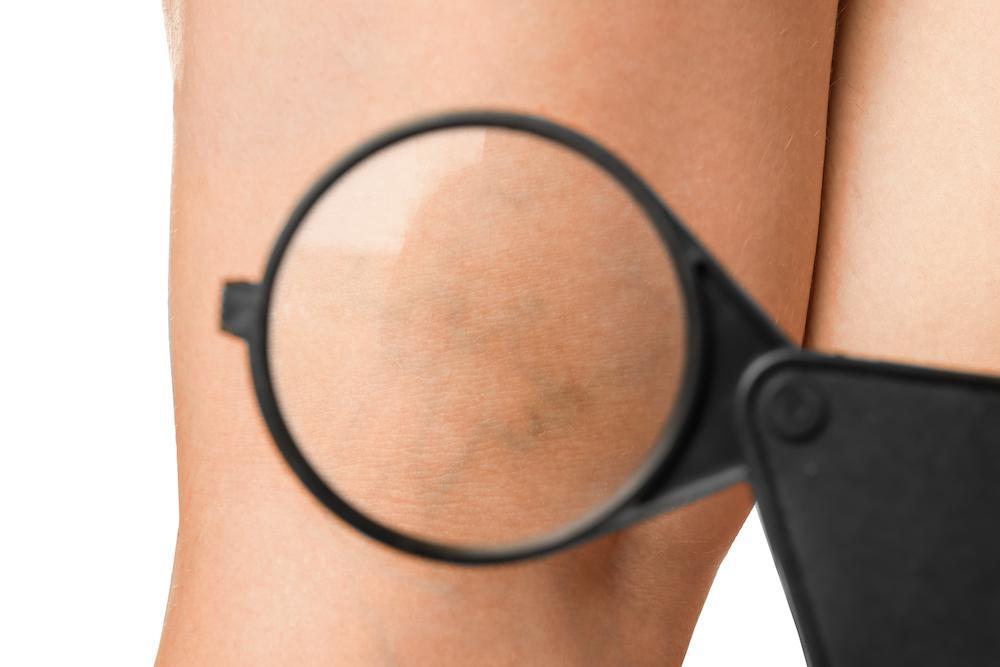Who Should Have a Vascular Screening and How Often?
Author: StrideCare Internal Team

Did you know vascular disease affects millions of American adults each year? Vascular disease can strike any part of the body and is often symptom-free until later stages when it’s difficult or too late to treat.
Noninvasive vascular screenings are life-saving tools that help prevent you from developing life-threatening conditions or long-term disabilities. At StrideCare, with offices in Arlington, Dallas, Mesquite, and McKinney, Texas, our team of highly-skilled vascular and interventional radiologists and vascular surgeons have experience diagnosing vascular and venous diseases.
We’ve curated this guide to help you understand who should have a vascular screening and how often. Read on to learn more!
What is vascular disease?
Vascular disease describes any condition that negatively affects your vascular system, the network of veins and blood vessels that runs throughout your body. Vascular disease often doesn’t come with obvious signs or symptoms, which is why it’s sometimes called a “silent disease.”
There are many forms of vascular disease, including:
- Aneurysm, or a bulge in the wall of an artery
- Atherosclerosis, or arterial plaque build-up
- Blood clots
- Coronary artery disease
- Carotid artery disease
- Peripheral artery disease (PAD)
- Raynaud’s disease
- Stroke
- Varicose veins
- Vasculitis, or inflammation of blood vessels
What causes vascular disease?
Vascular diseases are most often caused by a combination of risk factors, such as smoking, high cholesterol, high blood pressure, diabetes, a family history of cardiovascular or circulatory conditions, and being overweight. Certain medications, inflammation, and injury can also increase your chances of developing vascular disease.
Do I need a vascular screening and when?
Since research indicates plaque build-up begins in childhood, everyone is at risk for developing vascular disease. Vascular screenings are an invaluable early-detection tool and provide a good look at what’s going on in your blood vessels.
Generally, anyone 55 years and older should have a vascular screening at least once in their lifetime. We also recommend screenings more frequently for patients over 40 with elevated risk factors, including:
- Family history of vascular disease, heart disease, or stroke
- Family history of circulatory conditions
- High blood pressure
- High cholesterol
- Diabetes or insulin resistance
- Heart disease
- Obesity
- Being a smoker
What if my screening indicates I have vascular disease?
The expert team at StrideCare includes leaders in vascular disease treatment who can help you control and manage your vascular disease. We provide superior vascular care to help you achieve your wellness goals. We work with you to create customized and innovative treatment plans based on your diagnosis and the severity of your condition.
Treatment may include lifestyle changes, such as consuming a heart-healthy diet and increasing physical activity, as well as prescription medications, non-surgical procedures like vein ablation, or surgical interventions.
Ready to schedule your vascular screening?
Vascular disease is often deadly, but when detected early, treatments can be highly effective. A painless vascular screening could help prevent serious conditions like stroke, PAD, and aneurysms.
If you’re ready to schedule your life-saving vascular screening, call the specialists at StrideCare or request an appointment online now.
Prior to starting any new treatment or questions regarding a medical condition, always seek the advice of your doctor or other qualified health provider. This information is not a substitute for professional medical advice.
StrideCare serves the South Texas area including Houston, San Antonio, Austin, Round Rock, Bastrop, Brushy Creek, Cedar Park, Converse, Georgetown, Hutto, Kyle, Leander, Marble Falls, New Braunfels, Pasadena, Pearland, Pflugerville, San Marcos, Schertz, Houston, Sugar Land, Katy, Webster, Bay City, Clear Lake, Lake Jackson, The Woodlands, Universal City, Spring, Kingwood, Stafford, Conroe, Texas City, Cypress, League City, Bellaire, and more.


